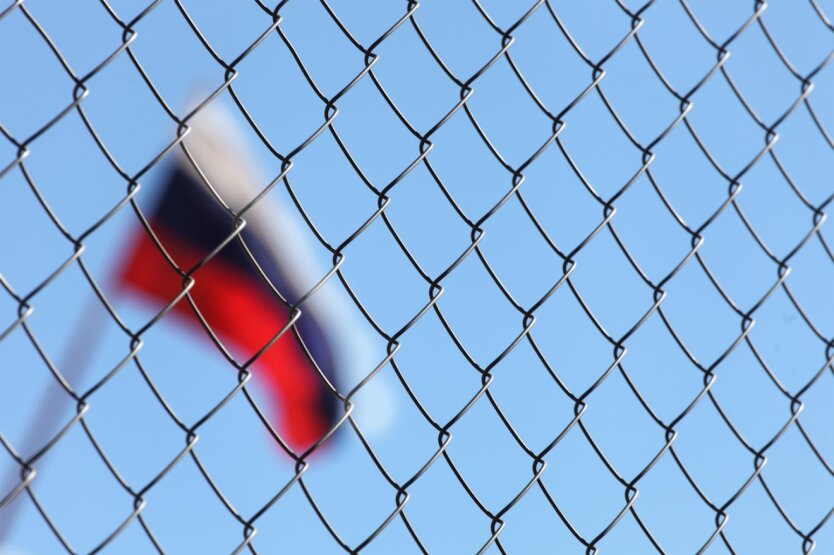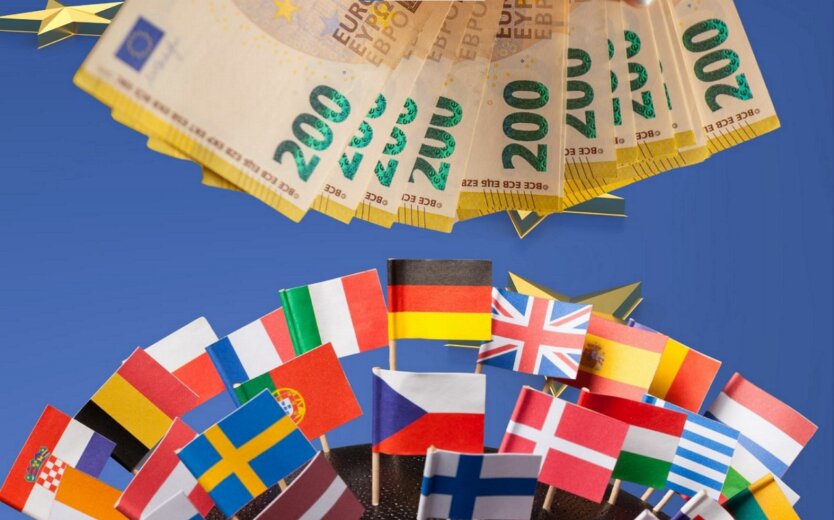TCC receives new rights: who will be forcibly detained.


Ukraine introduces new rules for communication between Territorial Recruitment and Social Support Centers (TCC and SSC) and citizens who are to be mobilized. These changes are aimed at improving the efficiency of the mobilization process and ensuring national security.
This is reported by RBC-Ukraine.
According to the updated regulations, the heads of TCC and SSC have received expanded powers regarding citizens who evade their duties. Now they can contact law enforcement agencies with a request for administrative detention of persons who do not comply with military registration rules or who have committed an administrative offense in this area.
Regarding violations that may lead to detention, they include:
- Refusal to provide or update personal data, including residential address and contact information.
- Failure to appear at the TCC or other designated places for performing military registration duties.
- Failure to timely notify about a change of residence or other changes affecting military registration.
If the police cannot carry out the detention, a multi-stage procedure comes into effect. First, the TCC sends the citizen an official notification demanding the fulfillment of their duties.
If the citizen does not respond within 10 days of receiving the notification, the TCC may apply to the court for temporary restriction of the right to drive a vehicle during the mobilization period.
Recall that previously Ukrainians were warned about fraud related to sending fake "notifications from the TCC".
Read also
- The Party is Over: The Spectator Debunks the Myth of Putin's 'Economic Miracle'
- Ukrainians with a pension below 9 thousand can receive assistance: what documents are needed
- From 55 to 10 euros per hour: Eurostat shows the huge difference in salaries in EU countries
- Excluded - But Again on the Lists: Who Among Ukrainians Unexpectedly Became Subject to Military Duty and How to Check It
- General Hodges revealed what Trump's 'indifference' will mean for Kyiv
- At NATO summit, they will 'forget' about Ukraine in favor of Trump, - Politico










